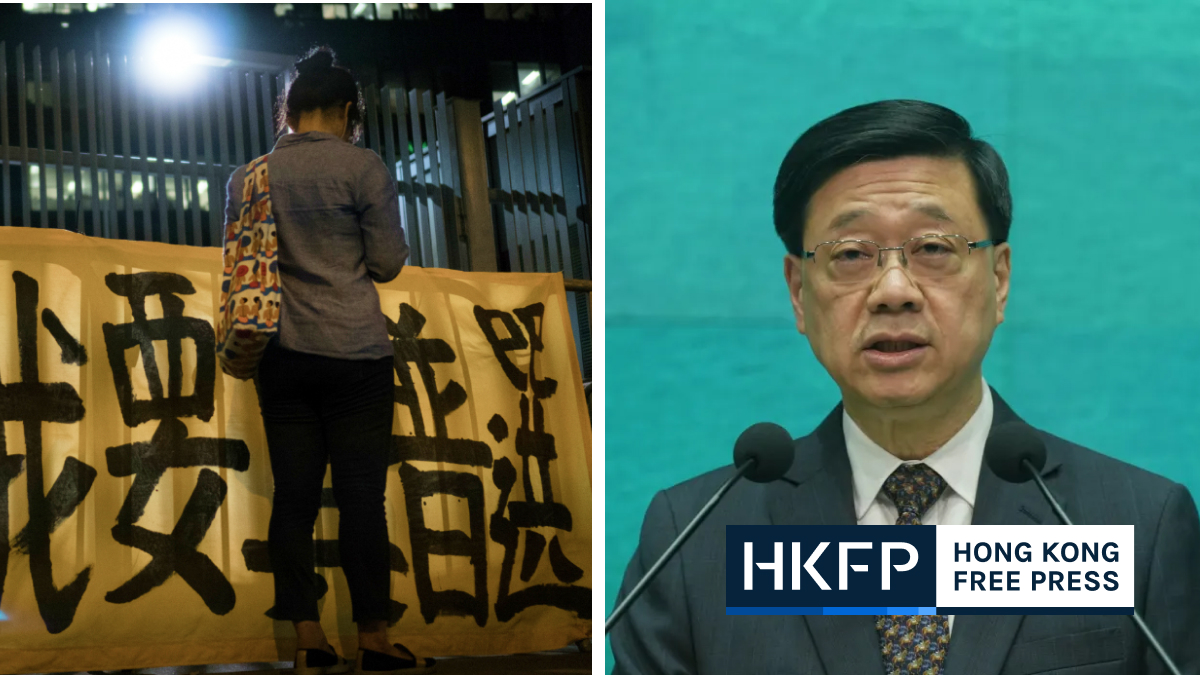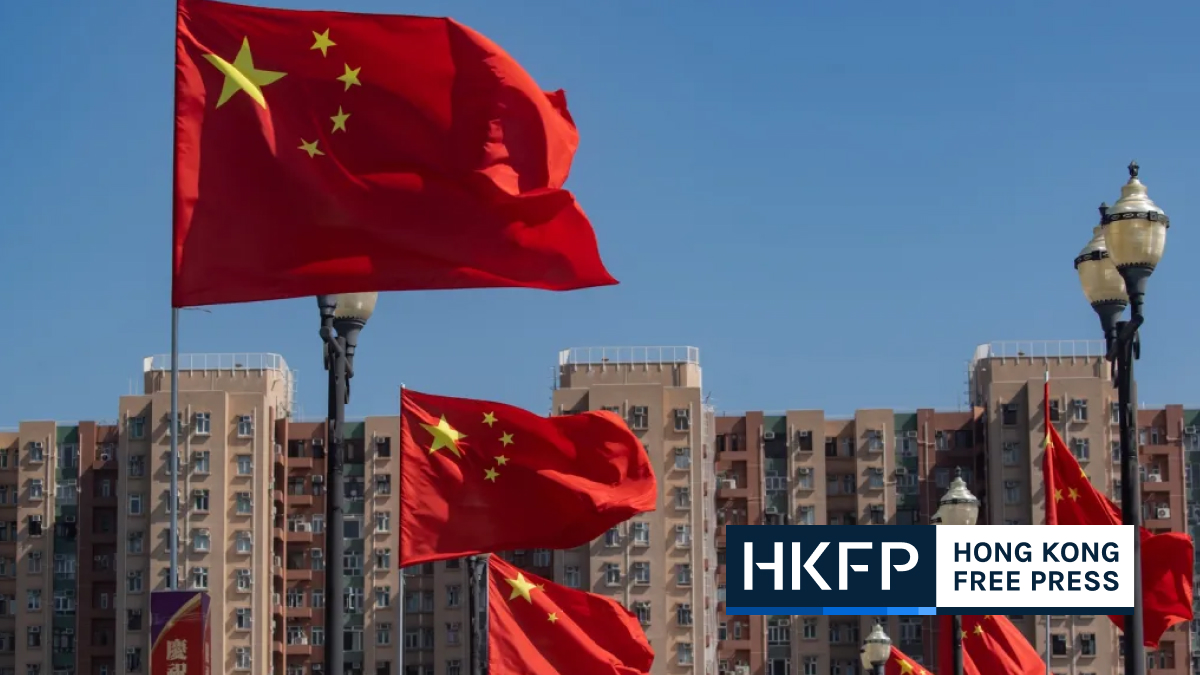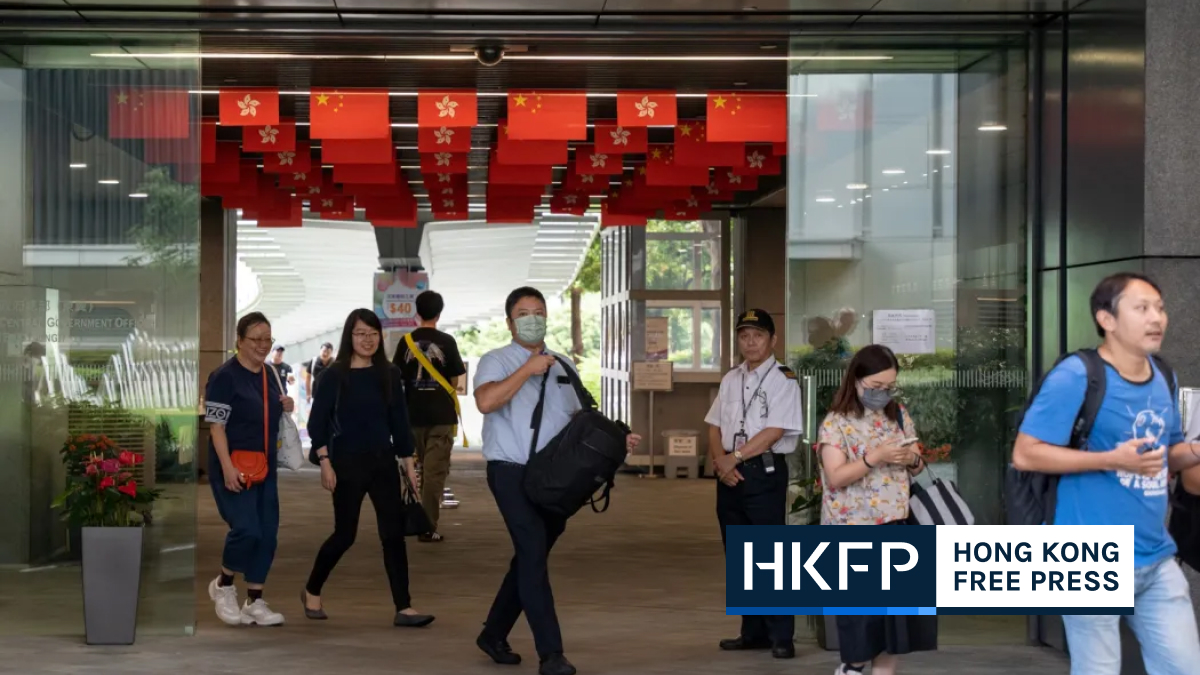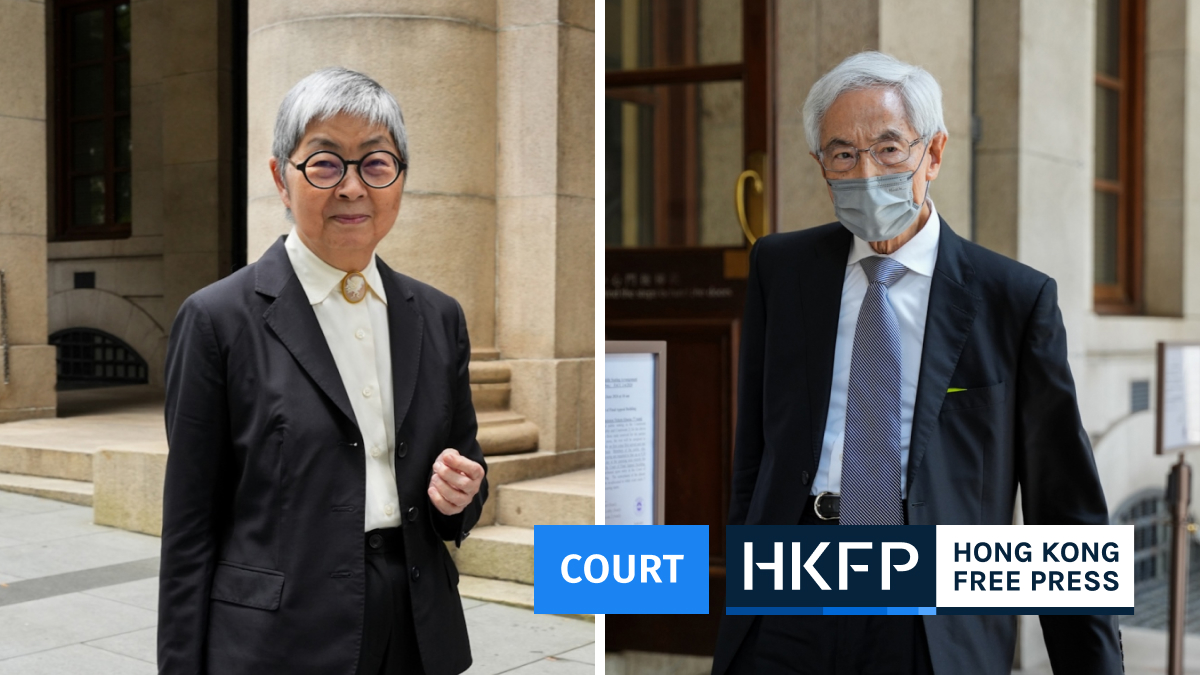Chinese Premier Li Qiang said Thursday his nation’s differences with New Zealand must not become a “chasm”, pledging greater trade and “friendship” after touching down in Wellington for rare bilateral talks.
Li is embarking on a six-day tour of New Zealand and Australia, key trading partners that have become increasingly vocal critics of China’s expanding influence in the South Pacific.

“It is natural that we don’t always see eye-to-eye with each other on everything,” Li told reporters after a closed-door meeting with New Zealand Prime Minister Christopher Luxon.
“But such differences should not become a chasm that blocks exchanges and cooperation between us.”
Luxon said he used the meeting to highlight sensitive issues such as foreign interference and recent escalations in the South China Sea.
“I raised with Premier Li a number of issues that are important to New Zealanders and which speak to our core values, including human rights and foreign interference.”
Second only to President Xi Jinping in China’s political hierarchy, Li is the most senior figure to arrive on official business in New Zealand and Australia since 2017.
Over six days, he will set foot in five different cities, meet two prime ministers, hold talks with a string of business leaders, and engage in China’s trademark “Panda diplomacy”.
A noisy crowd greeted Li as his motorcade pulled into the Intercontinental Hotel in the heart of New Zealand’s capital Wellington.
Cheering supporters banged drums and waved banners, while a smaller group of shouting protesters clambered to get a look at his car.
Ahead of the bilateral meeting, Li said he was aiming to renew China’s “traditional friendship” with New Zealand, promising opportunities to bolster trade, tourism and investment.
China’s relationship with both hosts has shifted drastically in the seven years since Li’s predecessor toured Down Under.
New Zealand, long seen as one of China’s closest partners in the region, has become increasingly bold in its criticism of Beijing’s role in the South Pacific.
See also: New Zealand Prime Minister Christopher Luxon plans first China visit after meeting Wang Yi
Meanwhile, Australia has grown closer to the United States in response to China’s expanding military might.
But there remains one constant: China is still, by far, Australia and New Zealand’s largest export market.
Don’t risk it
New Zealand has been mulling whether to play a limited role in the AUKUS security pact between Washington, London and Canberra — a deal seen as key to countering China’s military expansion.
At the same time, Foreign Minister Winston Peters has called out China’s attempts to bolster its security footprint in the Pacific Islands.
Luxon said China’s delegation had “raised their concerns” about the AUKUS deal during the bilateral discussions.
Geopolitical analyst Geoffrey Miller told AFP that Li’s visit carried a not-so-subtle message: “Don’t put it all at risk.”
Miller, from Wellington’s Victoria University, said Li would dangle trade “carrots” in an attempt to soften New Zealand’s stance.
Beijing was likely to offer incentives to show New Zealand “what it could lose” if it agrees to join AUKUS in developing defence technology, he said.
New Zealand was one of the first developed nations to ink a free trade deal with Beijing, and today almost a full third of its goods exports are shipped to China.
Chinese consumers have a voracious appetite, in particular, for New Zealand’s premium meat, dairy and wine.
Panda diplomacy
Li will fly out of New Zealand’s commercial hub Auckland on Saturday morning, bound for the southern Australian city of Adelaide.
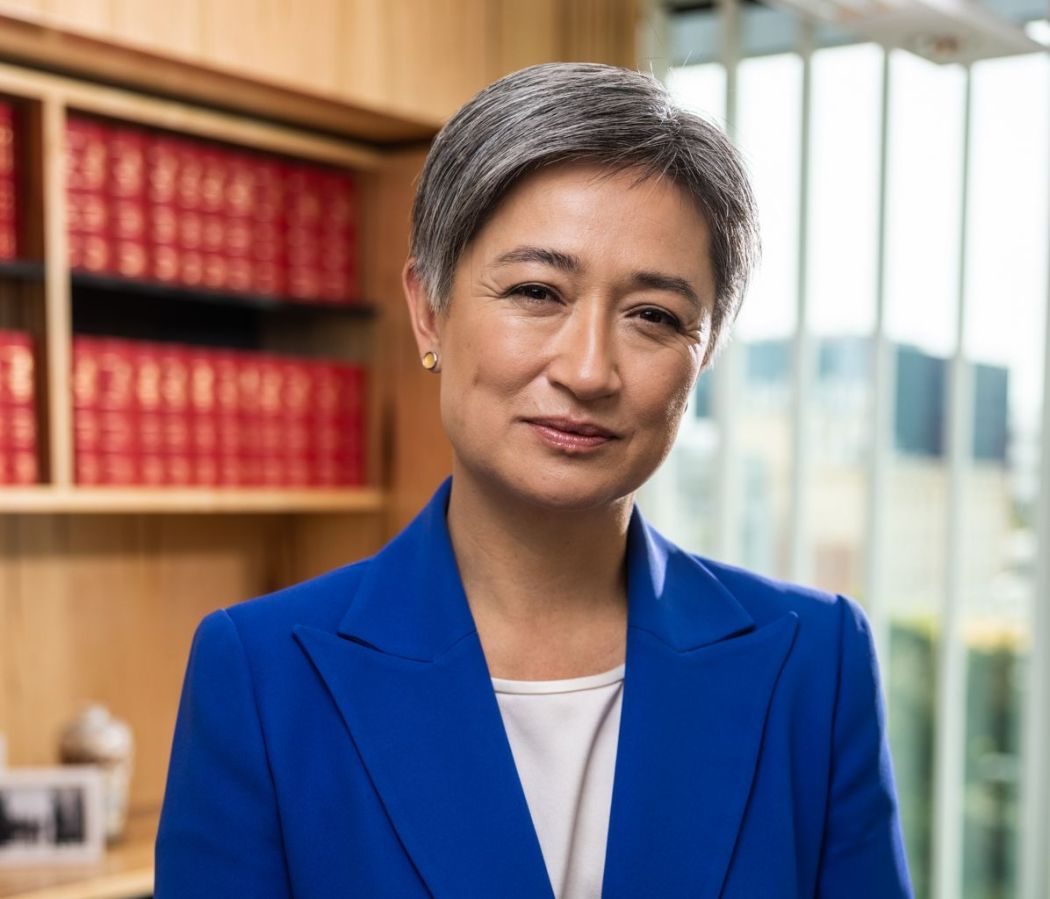
Sitting on the doorstep of the famed Barossa winemaking region, Adelaide is the hometown of Foreign Minister Penny Wong, who is credited with helping stabilise relations between Canberra and Beijing.
Australian wine was among a slew of commodities effectively barred from China at the height of a rancorous and years-long trade dispute that only recently started to subside.
While wine, coal, timber, barley and beef exports have largely resumed, trade barriers remain for Australian rock lobster.
One of Li’s first stops will be Adelaide Zoo, widely seen as a sign that giant pandas Wang Wang and Fu Ni, who have been loaned there from China since 2009, may be extending their stay abroad.
Dateline:
Wellington, New Zealand
Type of Story: News Service
Produced externally by an organization we trust to adhere to high journalistic standards.
Support HKFP | Policies & Ethics | Error/typo? | Contact Us | Newsletter | Transparency & Annual Report | Apps
Help safeguard press freedom & keep HKFP free for all readers by supporting our team

LATEST FROM HKFP
HKFP has an impartial stance, transparent funding, and balanced coverage guided by an Ethics Code and Corrections Policy.
Support press freedom & help us surpass 1,000 monthly Patrons: 100% independent, governed by an ethics code & not-for-profit.




